Introduction
“One Punch Man” has emerged as a quintessential anime series, captivating audiences worldwide with its unique blend of action, humor, and philosophical depth. At its core lies the enigmatic protagonist, Saitama, whose journey transcends the conventional superhero narrative. In this blog, we delve into the intricacies of “One Punch Man,” dissecting its profound themes, socio-political commentary, and the underlying philosophy that resonates with viewers.
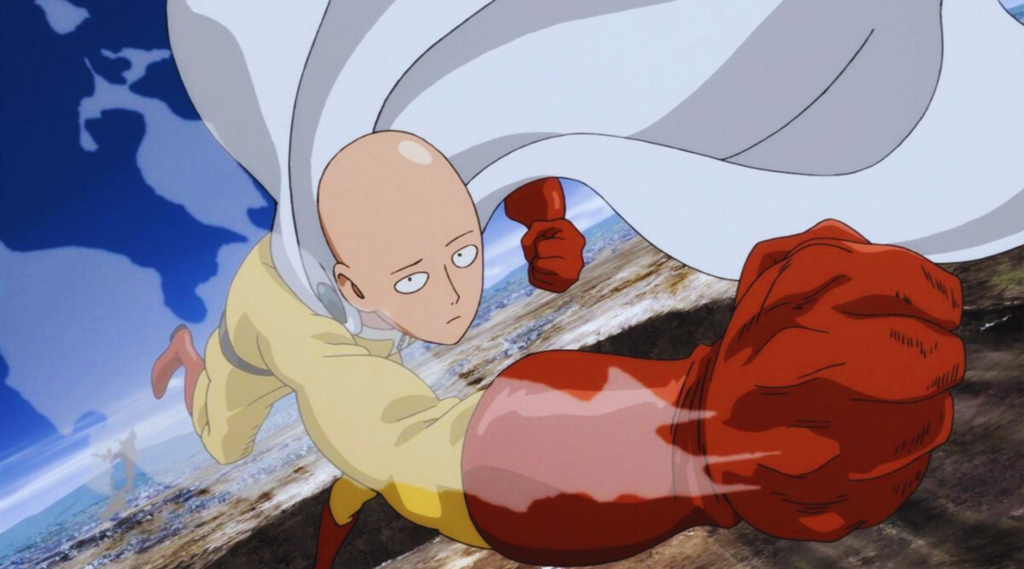
The Plot (One Punch Man)
One Punch Man follows Saitama, an exceptionally strong hero who can defeat any enemy with a single punch. Despite his power, he feels unfulfilled and unnoticed by society. Alongside his disciple Genos and other allies, Saitama encounters various characters and faces challenges while searching for a worthy opponent. The series explores themes of heroism, identity, and power in action-packed battles and comedic moments.
The World of Heroes
“One Punch Man” introduces us to a world brimming with superheroes and monsters, where the Hero Association categorizes individuals based on their abilities and contributions to society. Here, power reigns supreme, with heroes ranked from C-Class to S-Class based on their combat prowess and their capacity to safeguard humanity from existential threats.
Saitama, the protagonist, is an anomaly within this hierarchical structure. Despite his unassuming appearance and lack of ostentation, he possesses unparalleled strength, capable of vanquishing any opponent with a single punch. His overwhelming power challenges the very essence of heroism, prompting us to reconsider the significance of strength in a world governed by superficial rankings.
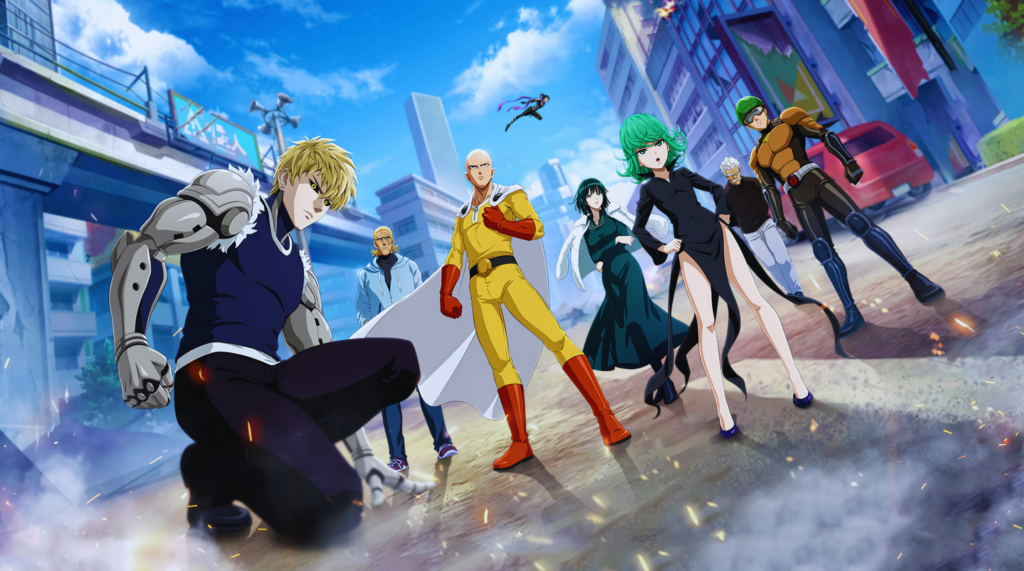
list of notable characters from “One Punch Man”:
- Saitama: The protagonist of the series, Saitama is an unassuming hero with unparalleled strength, capable of defeating any opponent with a single punch. Despite his overwhelming power, he struggles with existential ennui and a lack of recognition from society.
- Genos: A cyborg and Saitama’s disciple, Genos is driven by a desire for vengeance against the mysterious cyborg that destroyed his hometown. He admires Saitama’s strength and seeks to learn from him, often serving as the voice of reason in their adventures.
- Mumen Rider: An ordinary hero known for his unwavering courage and sense of justice, Mumen Rider patrols the streets on his bicycle, confronting villains regardless of his lack of superpowers. He serves as a symbol of determination and righteousness in the Hero Association.
- Bang (Silver Fang): A martial arts master and S-Class hero, Bang is one of the strongest heroes in the Hero Association. He runs his dojo and trains aspiring heroes, including his own brother, Bomb.
- Tornado of Terror (Tatsumaki): An S-Class hero with telekinetic abilities, Tatsumaki is one of the most powerful heroes in the Hero Association. Despite her petite stature, she possesses immense strength and a no-nonsense attitude.
- Atomic Samurai: A skilled swordsman and S-Class hero, Atomic Samurai is known for his mastery of the sword and his strict adherence to the principles of honor and discipline.
- King: Dubbed the “Strongest Man on Earth,” King is a seemingly ordinary individual who inadvertently gains fame and admiration due to a series of misunderstandings. Despite his lack of combat prowess, he is revered by both heroes and villains alike.
- Speed-o’-Sound Sonic: A recurring antagonist and former disciple of the ninja village, Speed-o’-Sound Sonic is a skilled assassin with incredible speed and agility. He harbors a rivalry with Saitama and often seeks to challenge him in combat.
- Garou: A former disciple of Bang and self-proclaimed “Hero Hunter,” Garou possesses immense martial arts skills and a deep-seated hatred for heroes. He seeks to challenge and defeat the strongest heroes in his quest to become the ultimate monster.
- Fubuki: Also known as Blizzard of Hell, Fubuki is an esper and the leader of the Blizzard Group, a faction within the Hero Association. Despite her initial antagonism towards Saitama, she develops a begrudging respect for him and seeks to recruit him to her group.
Deconstructing Power Dynamics
The central theme of power permeates every facet of “One Punch Man,” offering a nuanced commentary on societal constructs and the pursuit of personal fulfillment. Saitama’s journey serves as a critique of conventional notions of strength, emphasizing that true power transcends physical abilities and societal recognition.
Through Saitama’s interactions with fellow heroes and formidable adversaries, we witness the fragility of power and the disillusionment that accompanies unchecked ambition. Characters like Genos, the cyborg disciple, and Mumen Rider, the ordinary hero, provide contrasting perspectives on heroism, highlighting the complexity of human motivations and the importance of resilience in the face of adversity.
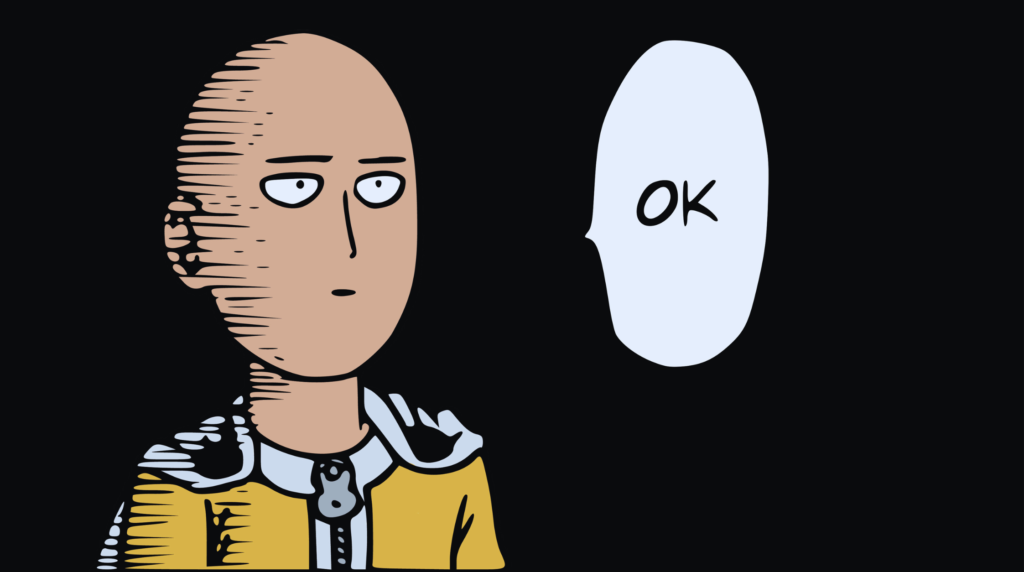
The comic aspect of “One Punch Man”
The comic aspect of “One Punch Man” is a cornerstone of its charm, injecting levity and irreverence into its otherwise action-packed narrative. Through clever visual gags, slapstick humor, and witty dialogue, the series playfully subverts the conventions of the superhero genre, offering a refreshing take on familiar tropes. Saitama’s deadpan demeanor and nonchalant attitude towards his overwhelming power serve as catalysts for comedic moments, as he navigates mundane challenges with the same ease he dispatches formidable foes. Whether it’s Saitama’s comically bland expressions, the absurdity of his encounters with fellow heroes and villains, or the exaggerated reactions of supporting characters, “One Punch Man” delights in blending humor with its high-stakes battles, creating a dynamic and engaging viewing experience.
Furthermore, the comic aspect of “One Punch Man” extends beyond mere laughs, serving as a vehicle for social commentary and introspection. Amidst the laughter, the series deftly explores themes of identity, purpose, and the nature of heroism, prompting viewers to ponder deeper questions amidst the absurdity. By juxtaposing moments of hilarity with moments of introspection, “One Punch Man” transcends the boundaries of traditional comedy, inviting audiences to reflect on the complexities of the human condition while reveling in its comedic antics.
Socio-Political Commentary
Beneath its veneer of action-packed sequences and comedic interludes, “One Punch Man” offers a poignant reflection on contemporary issues, ranging from celebrity culture to political corruption. The Hero Association, depicted as a bureaucratic entity driven by self-interest and public image, mirrors real-world institutions plagued by inefficiency and moral ambiguity.
Moreover, the portrayal of monsters as manifestations of societal neglect and environmental degradation underscores the consequences of human hubris and the urgency of collective action. As Saitama confronts these existential threats, he challenges us to confront our own complicity in perpetuating systems of injustice and exploitation.
Philosophical Underpinnings
At its core, “One Punch Man” grapples with existential themes such as purpose, identity, and the pursuit of meaning in a seemingly arbitrary world. Saitama’s existential ennui, stemming from his overwhelming power and the absence of worthy adversaries, serves as a poignant reminder of the pitfalls of absolute mastery.
Yet, amidst the existential despair, “One Punch Man” offers a message of hope and resilience. Saitama’s unwavering commitment to his ideals, despite the inherent absurdity of his circumstances, inspires us to embrace our flaws and pursue our aspirations with unwavering determination.
One Punch Man season 3
As of now, speculation surrounding the potential third season of “One Punch Man” has sparked considerable excitement and anticipation among fans worldwide. While there hasn’t been an official announcement regarding the release of season 3, there are several factors and indicators that suggest the series may continue.
Firstly, considering the immense popularity of “One Punch Man” both domestically and internationally, it’s likely that the production committee and studios recognize the lucrative opportunity for further adaptations. The success of the previous seasons, along with the enduring fan base and merchandise sales, provide a strong incentive for the continuation of the series.
Moreover, the storyline of “One Punch Man” offers ample material for adaptation, with the manga continuing to progress beyond the events covered in the anime. With new arcs, characters, and developments in the manga, there’s a wealth of content waiting to be brought to life on the screen, enticing both existing fans and newcomers alike.
Additionally, the creative team behind “One Punch Man,” including the original creators and animation studios, have expressed enthusiasm for the series and their desire to continue the story. While production timelines and logistics may have delayed announcements or releases, the passion and dedication of the team suggest that season 3 is a strong possibility.
Overall, while concrete details remain elusive, the combination of fan demand, commercial potential, and narrative opportunities make the prospect of a third season of “One Punch Man” a tantalizing possibility. As fans eagerly await official confirmation, speculation continues to fuel discussions and excitement within the anime community, with hopes high for the continuation of Saitama’s epic journey.
Saitama vs Garou
Conclusion
“One Punch Man” transcends the boundaries of traditional anime, offering a thought-provoking narrative that resonates with audiences of all ages. Through its exploration of power dynamics, socio-political commentary, and philosophical musings, it challenges us to reevaluate our preconceptions and embrace the complexities of the human experience.
As we accompany Saitama on his journey, we are reminded that true strength lies not in physical prowess or societal validation, but in the courage to confront our insecurities and forge our own path. In a world fraught with uncertainty, “One Punch Man” serves as a beacon of hope, reminding us that even the mightiest heroes are not immune to the vulnerabilities of the human condition.
Five anime series that share some similarities with “One Punch Man” in terms of themes, humor, or action:
- Mob Psycho 100: Created by the same author as “One Punch Man,” this series follows the story of Shigeo Kageyama, a powerful esper known as Mob, who tries to live a normal life despite his extraordinary abilities. It explores themes of self-discovery, personal growth, and the complexities of human emotions, all wrapped in stunning animation and intense action sequences.
- Tiger & Bunny: Set in a futuristic city where corporate-sponsored superheroes compete in a reality TV show, “Tiger & Bunny” offers a fresh take on the superhero genre. The dynamic between the two protagonists, one a seasoned hero and the other a rookie, adds depth to the story as they navigate fame, morality, and the responsibilities of being a hero.
- My Hero Academia: This immensely popular series is set in a world where nearly everyone possesses superpowers known as “Quirks.” It follows Izuku Midoriya, a Quirkless boy who dreams of becoming a hero, as he enrolls in a prestigious academy for aspiring heroes. “My Hero Academia” explores themes of heroism, friendship, and perseverance amidst adversity.
- Kill la Kill: Combining over-the-top action with a dash of satire, “Kill la Kill” follows Ryuko Matoi, a rebellious high school student seeking revenge for her father’s death. Armed with a sentient uniform that grants immense power, Ryuko clashes with the authoritarian regime of Honnouji Academy. The series is known for its frenetic pacing, bold animation, and subversive commentary on societal norms.
- Gintama: Mixing comedy with action and drama, “Gintama” is set in an alternate version of feudal Japan invaded by aliens. The series follows Gintoki Sakata, a samurai-for-hire, and his eclectic group of friends as they navigate the absurdities of daily life. “Gintama” is renowned for its irreverent humor, diverse cast of characters, and heartfelt moments amidst the chaos.
These anime series offer a diverse range of storytelling styles, themes, and characters, ensuring there’s something for every fan of “One Punch Man” to enjoy.
Here are ten frequently asked questions (FAQs) about “One Punch Man”:
- What is “One Punch Man” about?
- “One Punch Man” follows the story of Saitama, an unassuming hero with unmatched strength who defeats any opponent with a single punch. The series explores his journey as he navigates the world of superheroes, monsters, and existential ennui.
- Who is the protagonist of “One Punch Man”?
- The protagonist of “One Punch Man” is Saitama, a bald, unassuming hero who seeks fulfillment in his life despite his overwhelming power.
- What sets “One Punch Man” apart from other anime series?
- One distinctive aspect of “One Punch Man” is its subversion of typical superhero tropes, with Saitama effortlessly defeating enemies and facing existential dilemmas rather than traditional struggles.
- Who created “One Punch Man”?
- “One Punch Man” originated as a webcomic created by the artist known as ONE. The webcomic gained popularity and was later adapted into a manga illustrated by Yusuke Murata, which in turn inspired the anime adaptation.
- Is “One Punch Man” primarily an action anime?
- While “One Punch Man” features intense action sequences and epic battles, it also incorporates elements of comedy, satire, and philosophical exploration, making it a multifaceted series.
- What is the significance of Saitama’s “one punch” ability?
- Saitama’s ability to defeat any opponent with a single punch serves as a central theme of the series, highlighting the absurdity of power and the quest for personal fulfillment beyond mere strength.
- Are there other notable characters in “One Punch Man” besides Saitama?
- Yes, “One Punch Man” features a diverse cast of characters, including Genos, Saitama’s cyborg disciple; Mumen Rider, an ordinary hero with unwavering courage; and various villains and heroes from the Hero Association.
- Does “One Punch Man” explore deeper themes beyond action and comedy?
- Absolutely. “One Punch Man” delves into existential themes such as purpose, identity, and the search for meaning in life, adding depth to its narrative and character development.
- What audience demographic does “One Punch Man” appeal to?
- “One Punch Man” appeals to a wide range of audiences, including fans of action-packed anime, superhero enthusiasts, and those who appreciate satire and philosophical musings.
- Is there a recommended viewing order for “One Punch Man”?
- For newcomers, it’s recommended to start with the first season of the anime adaptation, followed by the second season. Additionally, exploring the original webcomic or manga can provide further insight into the series’ development and story.
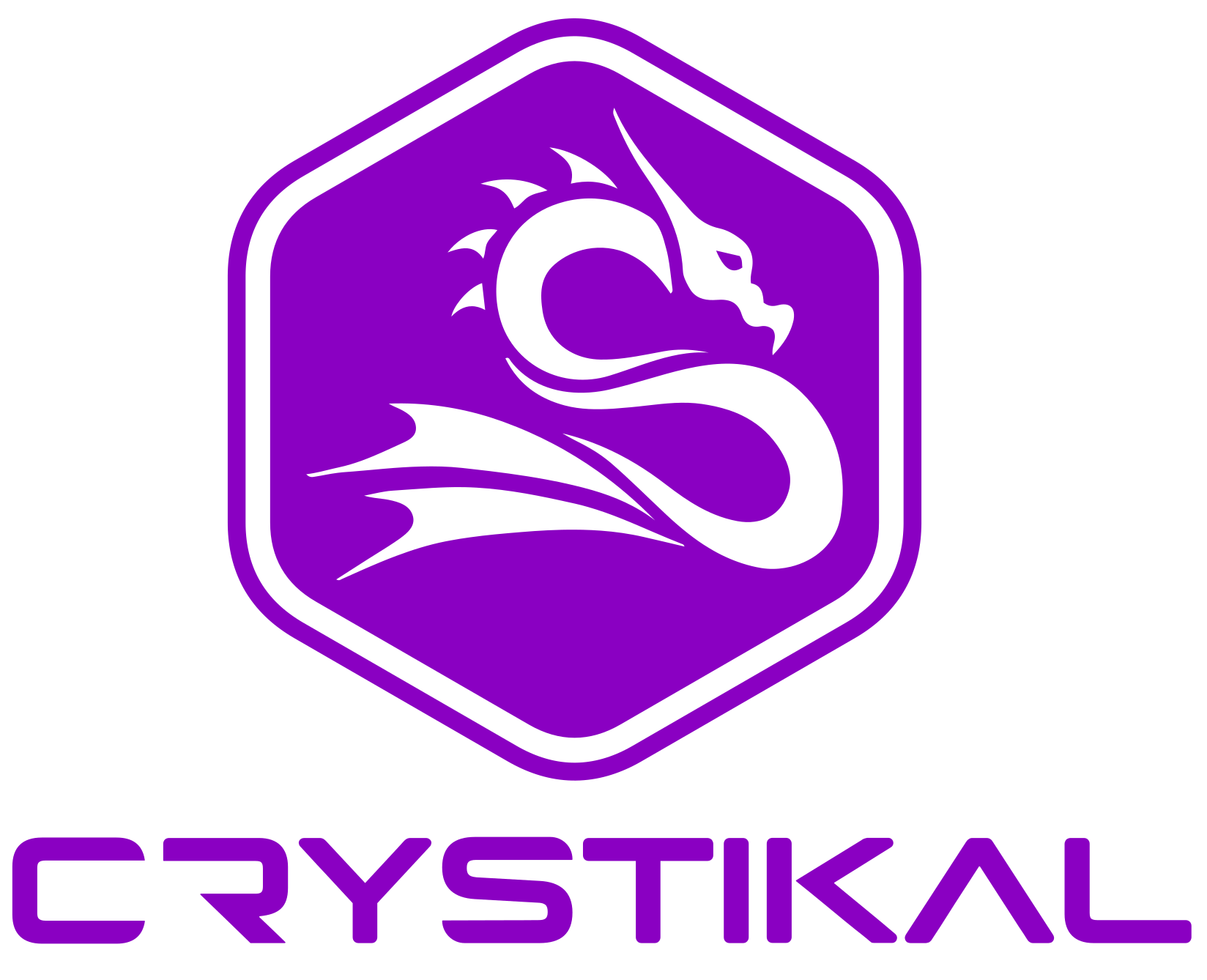
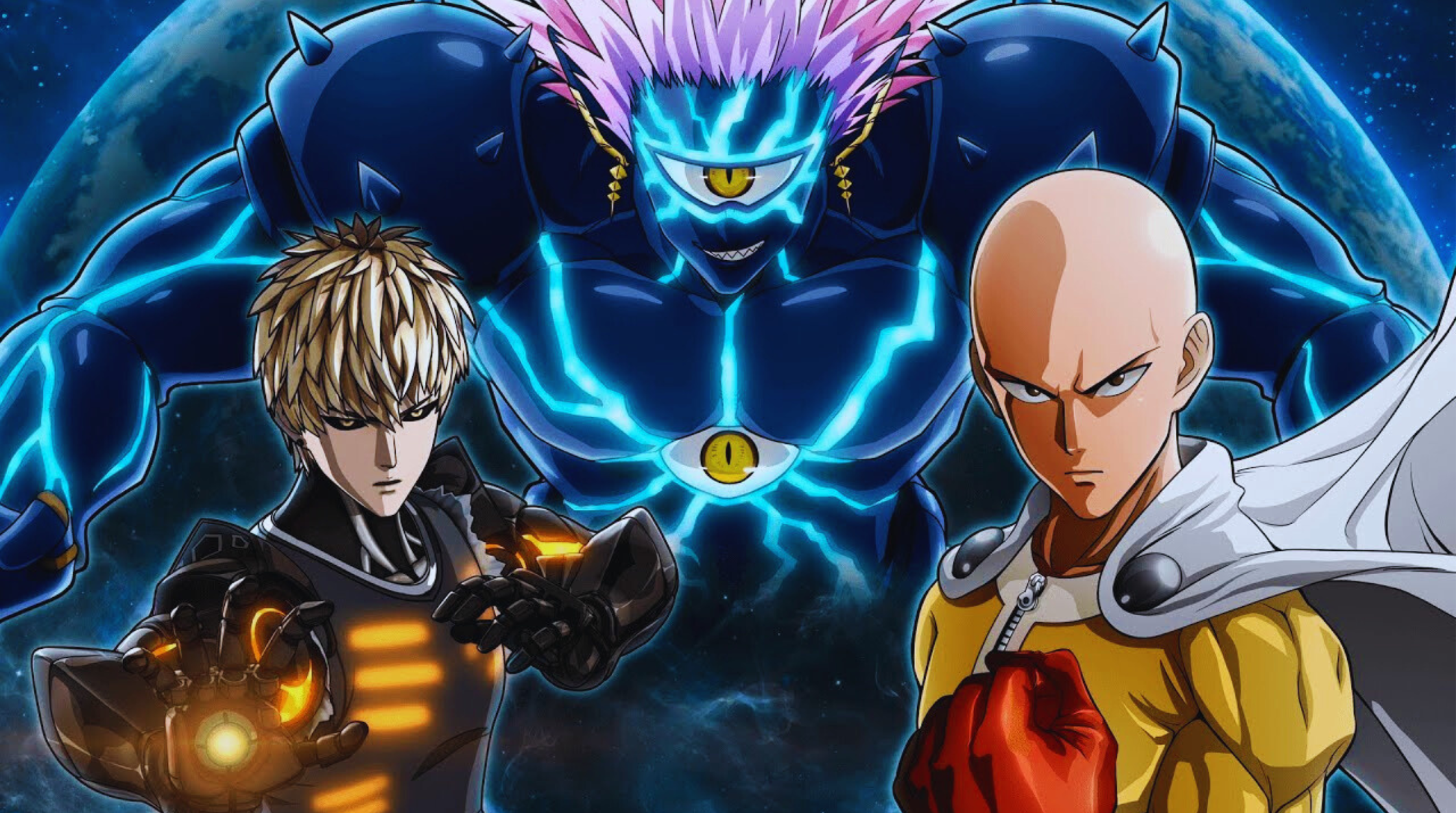
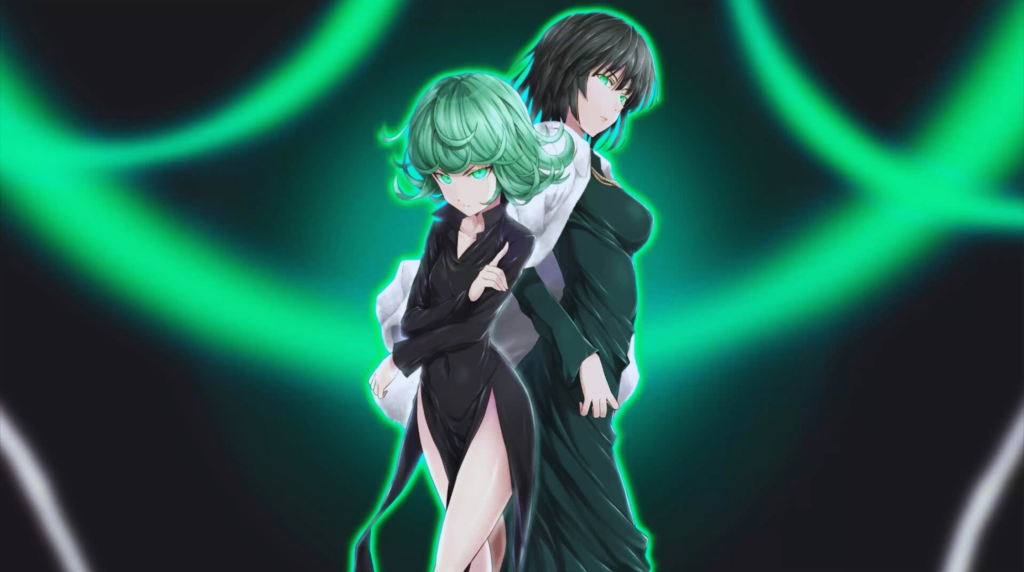
3 thoughts on “One Punch Man(2015): Unraveling the Enigma of Saitama’s Unparalleled Power”